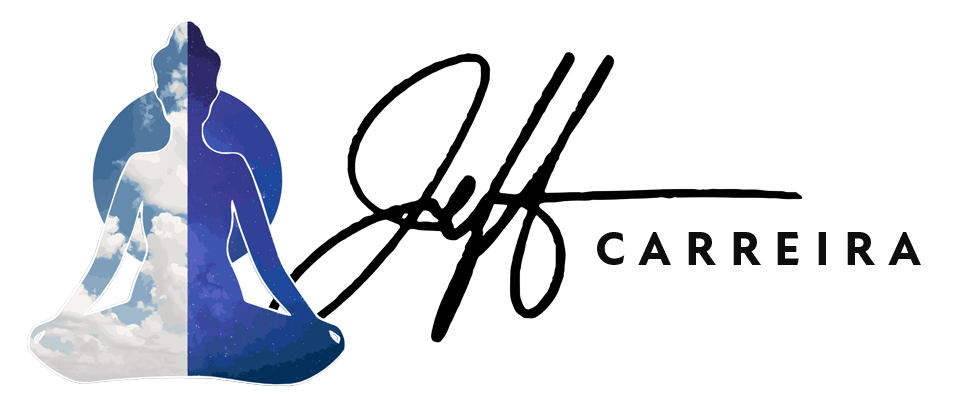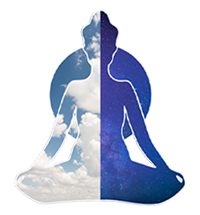
We are living through a crisis unprecedented in our lifetimes. As a dangerous virus moves mercilessly through our cities and towns we stay indoors and isolate to protect ourselves and each other. At the same time, the widespread closing of non-essential businesses has brought the economy to a virtual standstill threatening us with potentially devastating consequences.
As this situation goes on for weeks, and now months, more and more of us are, and will be, pushed up to and beyond our limits. Some of us find ourselves feeling frustrated and angry and not knowing what to do.
There is so much pain and suffering happening – economic hardship and fear of financial loss, illness and fear of getting sick, fear for friends and loved ones, and of course the many people who are living through the experience of tending to those that are already sick and maybe dying. None of us are immune to the pain of this moment.
The most valuable help I can offer at this time, is spiritual help, and for many of us that is exactly what we need.
Over the past few decades the practice of meditation has gained popular acceptance. It is being practiced by more and more people, at home, in workplaces, at schools. Meditation has begun to find its way everywhere. And thank goodness it has, because it is readily available to people in this time of need.
Unfortunately, meditation is generally seen in the limited context of stress reduction, and in times like these stress reduction is just not enough.
If we are overwhelmed with fear and frustration, sitting down and trying to calm ourselves with meditation usually doesn’t work that well.
Why?
Because the person who is sitting down to meditate is the same person that is overwhelmed with fear and frustration. How well is that person going to meditate?
You see, as meditation has become more popular, it is often taught as a technique for shifting your mood or relaxing your nervous system.
It is taught as an activity, as something you do.
So, how well you meditate will always depend on how you're feeling while you are doing it.
What I am calling deep meditation is not an activity that you do. It is a reality that you find in yourself. When you engage in deep meditation you are not trying to calm yourself down, or shift your mood. You are settling into a place in yourself where you are already free and at ease.
In this deep place you remember who you really are.
You are not just a person in a body, you are a universal source of awareness, you are a soul. At this depth of your being, you feel powerful and peaceful no matter what is happening.
It isn’t that magically everything is better, and you haven’t become disassociated so that you can’t feel the pain.
You simply come to a place where you realize that in the true depths of your being you can handle this. It may hurt, you may not like it, but you can handle it. You can respond to the things you have control over, and you can accept and relax around those things that you can’t control.
Suddenly it all feels simple – not good necessarily – but simple. The situation we find ourselves in is bigger and moving faster than any of us knows how to deal with. Some amount of pain and suffering will occur, and no one can stop it. And I am big enough in my deepest self to handle it.
The place you find in deep meditation, your True Self, is the place where you can see everything that is happening and relax. It is also the place where you can feel all of the pain and sadness and anger, and relax. And most importantly it is the place where you can see it all, feel it all, and respond to whatever you can with a wide-open undefended heart.
The miracle of meditation is the discovery of the place in yourself that is always big enough and safe enough to respond to every situation with a wide-open heart.


